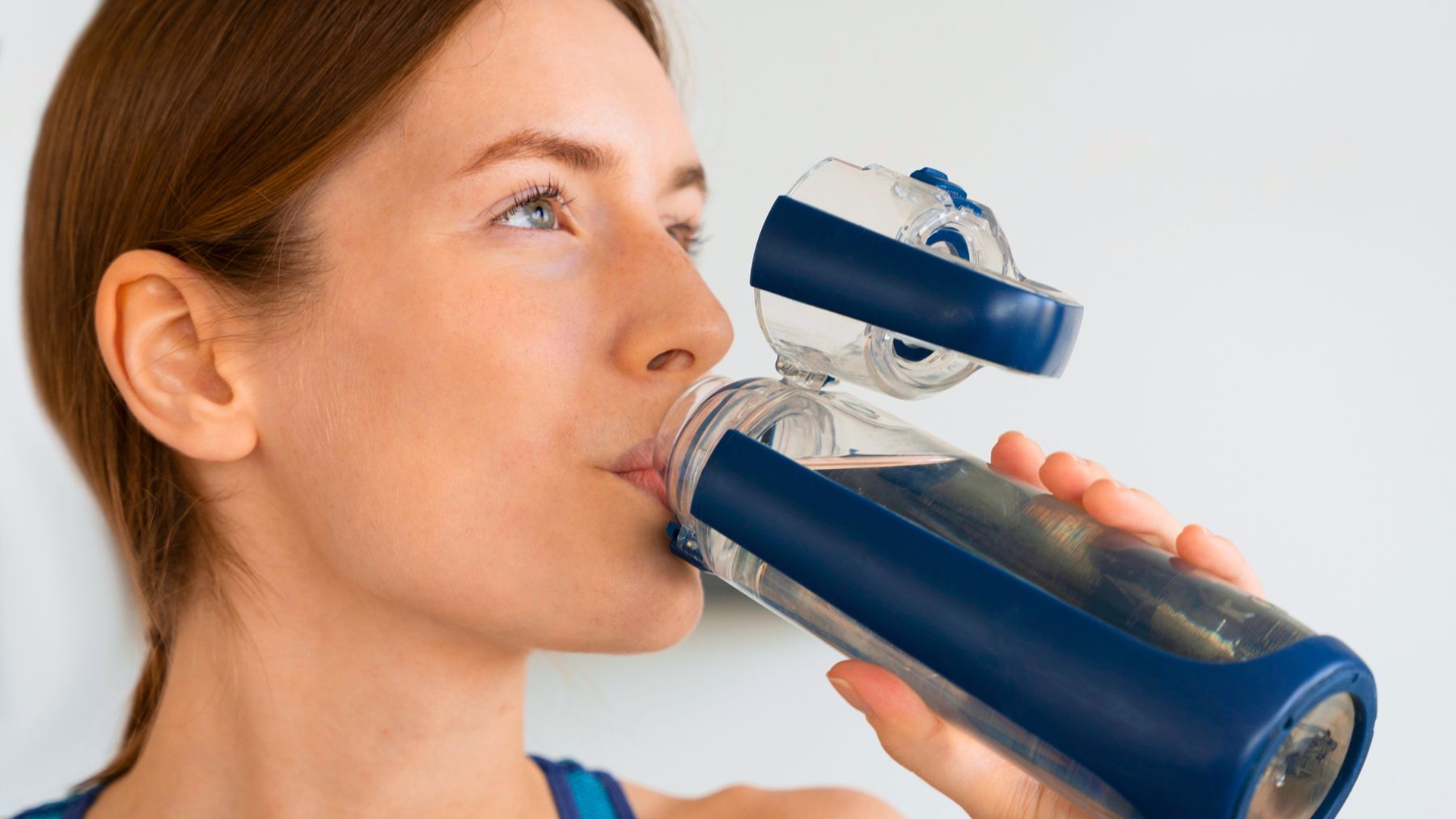Electrolyte drinks have become the new daily ritual for many fitness lovers and health-conscious consumers. Scroll through social media, and you’ll see influencers promoting neon powders and sports bottles like they’re the secret to better energy and hydration. But experts are starting to push back, saying that too much of a good thing could actually be harming your health.
In fact, several doctors are warning that daily electrolyte drinks may do more harm than good for people who aren’t sweating heavily or training for long periods. NHS physician and marathon runner Dr. Miranda Layton says that these drinks are “high in sodium, which is just salt—the same stuff we put on our food”. According to her, unnecessary consumption could raise blood pressure and affect heart rhythm in the short term.
What science says about electrolyte drinks
Electrolytes are minerals—mainly sodium, potassium, magnesium, calcium, and chloride—that regulate muscle function, hydration, and nerve signaling. They’re essential for life, but when taken in excess, they can quickly throw off your body’s natural balance.
Dr. Layton explains that unless you’re working out for more than 75 minutes, training in extreme heat, or exercising at high altitude, you probably don’t need extra electrolyte drinks. For most people, a regular diet already supplies enough minerals to support normal hydration and performance.
A 2015 study on endurance athletes found that salt and electrolyte supplementation improved race performance only when combined with intense, prolonged exercise. For the average gym-goer or office worker, there’s no evidence that daily electrolyte drinks provide any meaningful benefit. Instead, they can lead to overconsumption of sodium, which can elevate blood pressure and increase cardiovascular risk over time.
Other potential side effects include bloating, nausea, or gastrointestinal discomfort, especially with drinks high in magnesium or artificial sweeteners. NHS GP Dr. Ravina Bhanot warns that long-term electrolyte overload can cause arrhythmias, palpitations, and kidney strain due to imbalances in sodium and potassium.
In rare cases, excessive sodium or potassium can trigger dangerous heart rhythm disturbances. That’s why most experts recommend using electrolyte drinks only when they’re genuinely needed, not as a replacement for water or balanced meals.
Smarter ways to stay hydrated
If you don’t fall into the endurance athlete category, there are safer and more effective ways to maintain hydration and mineral balance. Here’s how to do it without relying on daily electrolyte powders or sugary sports drinks:
- Drink to thirst. For most people, your body’s thirst cue is the best guide. Plain water throughout the day is usually enough.
- Eat hydrating foods. Fruits and vegetables like cucumbers, oranges, strawberries, and watermelon are naturally rich in water and electrolytes.
- Add a pinch of salt if you sweat a lot. On very hot days or during longer workouts, lightly salting meals or adding a small pinch of sea salt to water can help replace what you lose in sweat.
- Choose balanced recovery meals. A combination of protein, carbohydrates, and whole-food electrolytes—like bananas, avocados, or yogurt—supports natural recovery after exercise.
- Avoid added sugars and fillers. Many commercial electrolyte drinks contain artificial colors, gelling agents, or unnecessary carbs that don’t improve hydration.
While electrolyte drinks have a role in endurance sports or high-heat environments, they aren’t designed for everyday casual use. The healthiest approach, experts agree, is to rely on water, balanced nutrition, and mindful salt intake.
